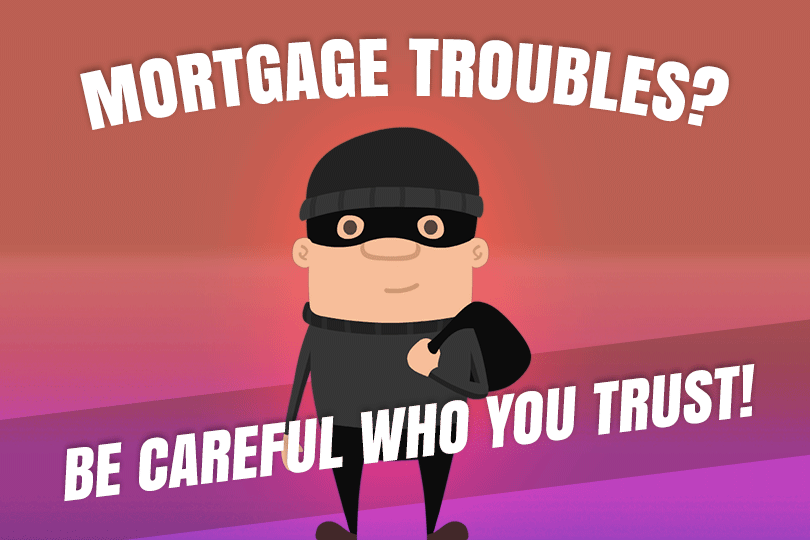How to Avoid Mortgage Refinance Scams

Some need out of an adjustable-rate mortgage. Others may be trying to get a lower monthly payment for a fixed-rate home loan.
No matter what your need, the moment you decide to explore your refi choices you may become more aware about messages and refinance offers sent to you via e-mail, social media, text messages, etc.
But scammers have developed approaches to refinance loan scams that get more sophisticated with each attempt. These attempted crimes may begin with a phone call from someone claiming to be a loan officer offering to discuss your refinance loan needs.
These calls, which may or may not claim to represent your current loan servicer, may include some familiar-sounding details.
A scammer may ask you about your current interest rate or mention that you have good credit and that because of that you qualify for a refinance loan offer that might be available “for a limited time”. But there are many approaches--you may receive a call that takes a completely different approach.
The key to these conversations? Keeping in mind that you, the borrower, did NOT contact THEM. They selected you and reached out. That should be a warning sign to you--the unsolicited third party contact offering you a “special deal” or something similar.
But the “deal” comes at a high price--sometimes described as a processing fee which could reach into the thousands of dollars. Once you’ve paid, the scammer disappears.
Want to avoid this scam? Adopt a personal and business policy not to respond to unsolicited third-party contacts who try to convince you to trust them to “help” you refinance your loan.
If you need to refinance your loan, call your lender directly at the central number advertised on the bank’s official site. If you need to find another lender instead, do the same thing.
Finally, DO NOT send a wire transfer at the request of an e-mail, text, phone call, or social media message. Many lenders warn about the same thing in their own emails--take their advice and never agree to a wire transfer unless you have called your lender directly at the bank’s central number to confirm.
------------------------------
RELATED VIDEOS:
Homebuyers Benefit From the Work Done by Fannie Mae
HUD 4000.1 is Sometimes Called the FHA Handbook
Credit History Is Presented as Your FICO Score

Do you know what's on your credit report?
Learn what your score means.







